5 takeaways from the Forbes list of Africa's 10 richest musicians
Forbes Africa has released its 2017 list of the 10 richest African musicians as part of its May issue, which features some of the continent’s biggest pop stars.
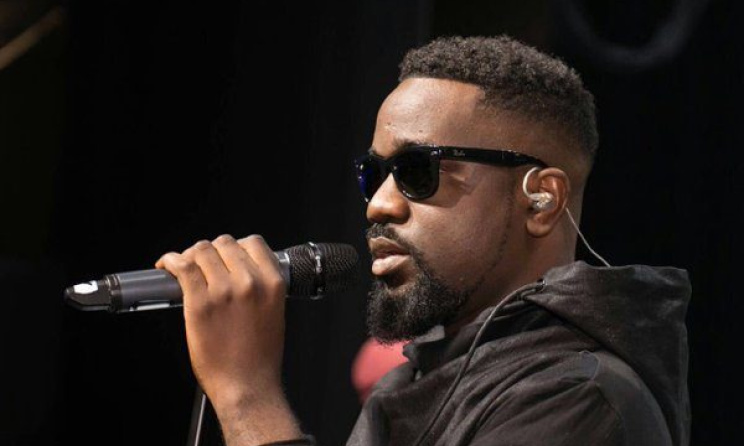 Sarkodie made the 2017 Forbes list of richest Africa acts. Photo: NewsGhana
Sarkodie made the 2017 Forbes list of richest Africa acts. Photo: NewsGhana
At the top of the list is Akon, who also topped a list of bankable stars by the magazine in collaboration with Channel O back in 2013. With the bulk of his revenue made in the US and with that country's superior currency, it might be some time before the 'Locked Up' singer is dethroned.
A few more names have been retained from that list. Producer and record label head Don Jazzy, who came in second, is now fourth. Wizkid, then fifth, is seventh, a sign of his success in the intervening years. Sarkodie is ninth, a step down from his former eighth.
Such acts as 2face, Anselmo Ralph, D'Banj, P-Square, Ice Prince and Banky W, part of the 2013 list, are out of the new one. In their place are Tinashe, Jidenna, Oliver Mtukudzi, Hugh Masekela, Davido and South African DJ Black Coffee, who has had a spectacular run of success in the past year.
This issue, according to the magazine, provides readers with a view into "how musicians deal with financial problems when they fall out of the limelight".
Music in Africa provides followers of African music with five key takeaways about the 2017 Forbes list of Africa’s 10 richest musicians.
1. Lack of female artists
It is well known that female artists struggle to attain any level of prominence in national music industries across Africa. While Nigeria and South Africa, the dominant countries on the Forbes list, have several famous pop artists, only a few of them are women. In Ghana, singer Wiyaala complained that her country’s music industry is controlled "by men for men”. The list reflects this disparity: Tinashe, the only female on the list, is based in the US.
2. The inclusion of US-based artists
The 2017 list shows how viable the American scene is compared to the African. Akon (1), Tinashe (5), Jidenna (6) are all based in the US. Though with some business concerns on the continent, their inclusion distorts Forbes’s claim to analyse the financial terrain of the African music scene, as these artists barely make music on the continent. This remains so even with the recent incursion into the continent by global music players like Sony Music.
3. Sony Music is already a force in African music
The Forbes list includes Wizkid and Davido, two of Africa’s biggest pop stars who both signed to Sony Music last year. With both artists doing well digitally, Sony might be on its way to conquering the African music market over the next few years as the digital scene becomes even more lucrative, according to a forecast by the last PwC report on African entertainment.
4. Nigeria and South Africa are still Africa’s powerhouses
The music powering the continent comes from these two countries. The same goes for the revenue that makes it all work – Nigeria and south Africa. Since half of the list is occupied by artists working in either Nigeria or South Africa, other countries like Ghana and Zimbabwe are sent to the margins, each being represented by a single artist. The other three spots are taken up by artists working mostly from the US.
5. Hugh Masekela and Oliver Mtukudzi prove the longevity of jazz
The 2017 Forbes list is almost owned by the pop genre, but the two jazz maestros sit comfortably on it. Both Hugh Masekela and Oliver Mtukudzi have been stalwarts of the African music scene for decades. Masekela, who at 78 is the elder by a dozen years, recently spoke about his last solo album. In comparison to Masekela's almost 50 solo albums, some of the names on the Forbes list have barely released two. Considering the absence of stars from other important genres other than jazz, Masekela and Mtukudzi deserve the legacy they've created for themselves. Together they provide proof that jazz is the eternal genre.






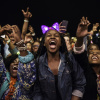















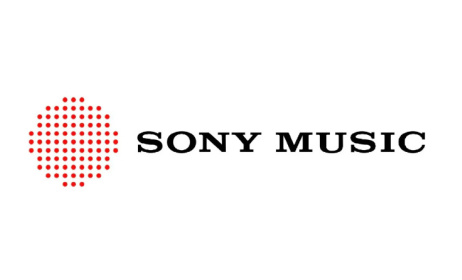


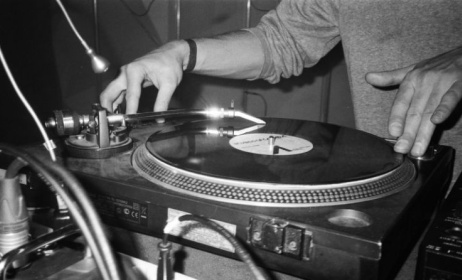

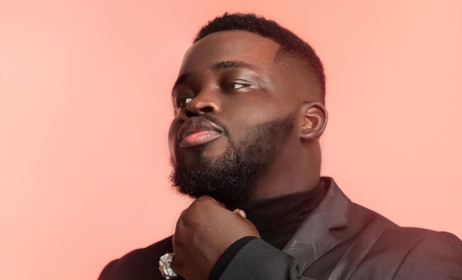



Comments
Log in or register to post comments